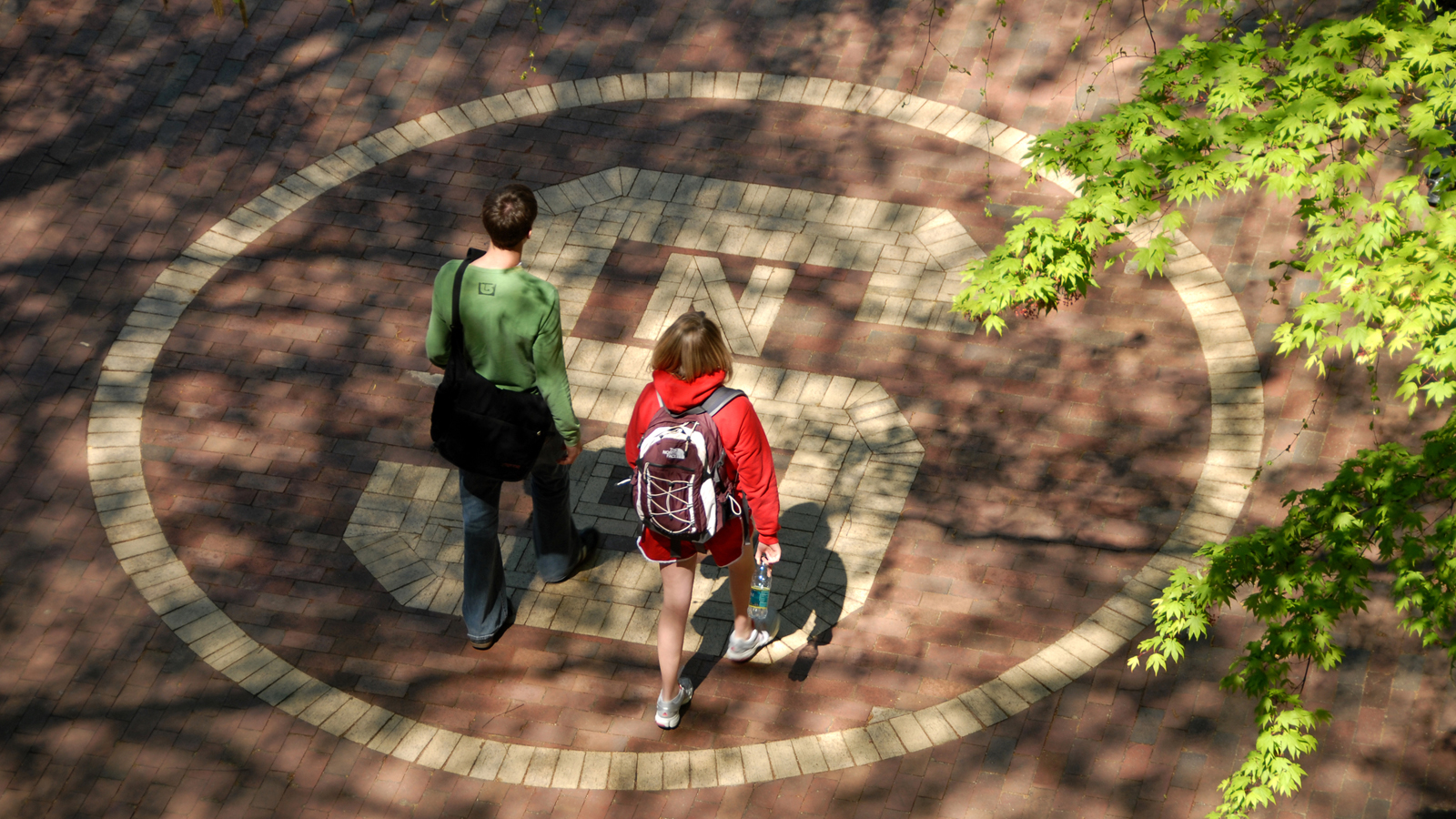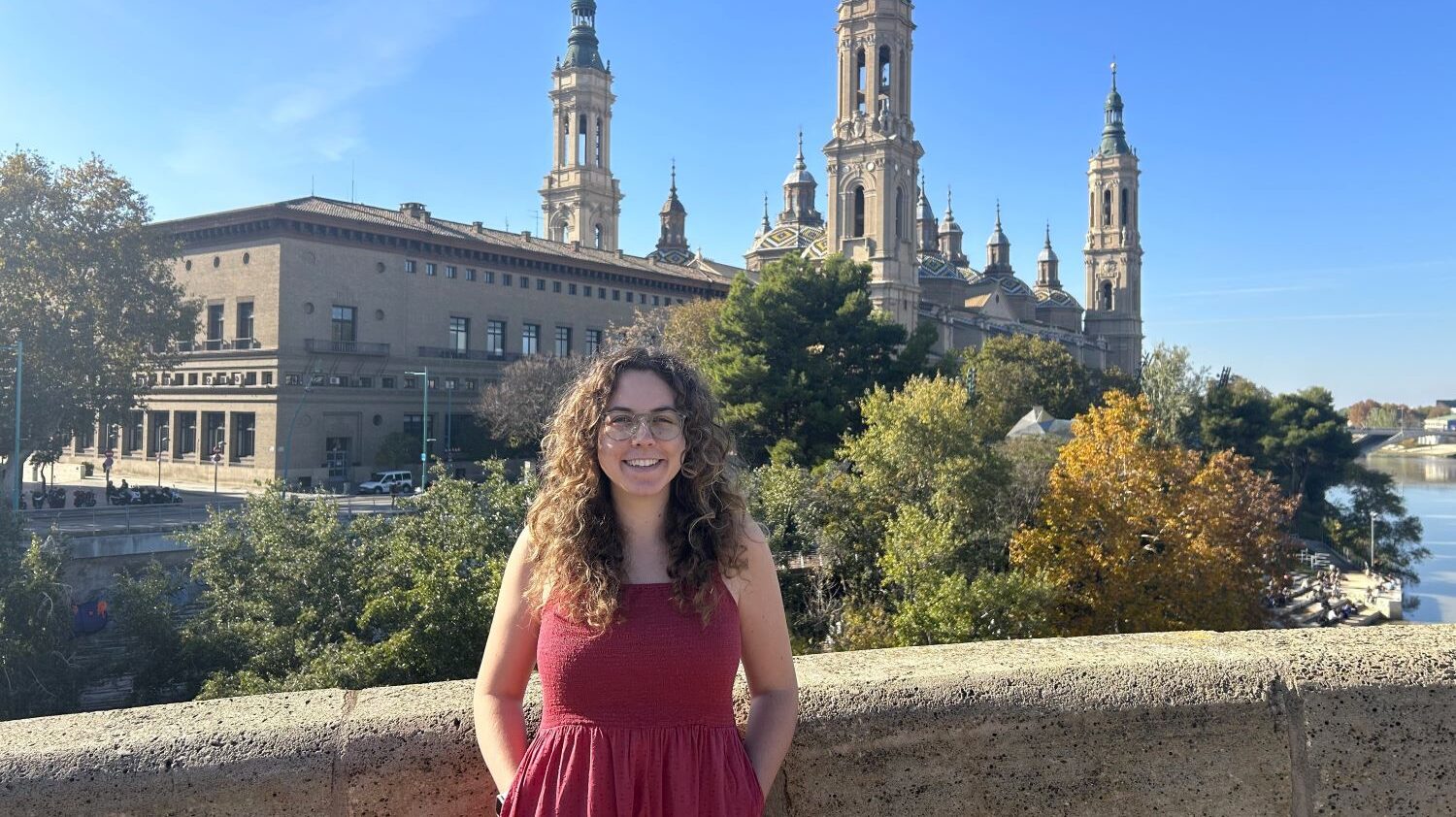Suicide Prevention at the NC State University Department of Social Work: May, 2015 Program Updates

When a suicide occurs, it impacts multiple individuals including family members, friends, coworkers, and others in a community. Because colleges or universities are usually close-knit communities, a suicide in this environment can be devastating. Suicide is the second leading cause of death for those aged 15 to 34 according the Centers for Disease Control and Prevention (CDC). More people die by suicide than homicide each year in this country. Public data show the number of total suicides in the U.S. increased each year since 1999, from 29,350 to 41,149 in 2013.
The NC State University Suicide Prevention Program (SPP) is doing its part to decrease these numbers. We work hard to raise awareness about suicide and the importance of its prevention by offering evidence-based suicide prevention training, participating in campus events, and conducting peer-to-peer outreach. Making suicide prevention efforts visible on campus is necessary in order to educate the community, and stop the stigma associated with help-seeking behavior.
In the past year, the SPP participated in events such as Packapalooza, Campus Connections, and the Break the Silence 5K Walk/Run hosted by Sigma Pi fraternity. We attended student orientation events, volunteer fairs, and Mental Health Awareness Week. Working with NAMI on Campus and other groups on campus such as the NC State University Counseling Center, we host a Candlelight Vigil annually on September 10th World Suicide Prevention Day. We also partner with community organizations such as HopeLine, Inc, a local suicide prevention hotline, by taking part in their annual event, Skate for Life. Many students from NC State volunteer at an annual survivor’s walk hosted by Triangle Survivors of Suicide. Our efforts have shown that anyone can help make a difference in changing the public conversation about suicide.

Training is a large part of our prevention strategy at NC State University. The NC State Counseling Center and the Violence Prevention and Threat Management Program offer free suicide prevention gatekeeper training to students, staff, faculty, and campus administrators. Since May 2014, over 850 people on campus have been certified in Question, Persuade, Refer (QPR), a national best-practice in suicide prevention gatekeeper training. Our goal is build a large community of gatekeepers on campus. A gatekeeper is “someone in a position to recognize a crisis and the warning signs that someone may be contemplating suicide.”

Since being awarded a Garrett Lee Smith grant from the Substance Abuse and Mental Health Services Agency (SAMHSA) in 2012, over 2125 people at NC State University have been certified in QPR and our gatekeeper community continues to grow with undergraduates making up the majority of gatekeepers on campus. Students are very important when it comes to suicide prevention. Not surprisingly, youth tend to confide in one other rather than adults. We work closely with students to promote prevention. Melissa Eudy, an undergraduate Social Work major, works diligently to reduce the stigma surrounding mental health and raise awareness about suicide prevention resources on and off campus. As a key volunteer for the NC State University Suicide Prevention Program, she has attended campus events, conducted research on prevention strategies, and actively participated in the NC State SPP Advisory Board. Melissa and other students are integral parts of the developing student-volunteer outreach program on campus called “2-Minute Talks” which aims to promote awareness and reduce stigma. The SPP is also working to educate parents and involve students in more peer-to-peer education.
As the Grant Coordinator for the Garrett Lee Smith Campus suicide prevention grant awarded to Drs. Casstevens and Hall, I have been lucky to work with talented and dedicated students such as Melissa Eudy and A. Caleb Risher, SPP Advisory Board Members; Avi Aggarwal, President of NAMI on Campus; and C. Beth Carter, in the College of Education. These students have all helped step-up prevention efforts on campus. They recruit student gatekeepers, educate peers, provide resource information at events, and actively help stop stigma surrounding help-seeking. As the Garrett Lee Smith grant winds down this summer, NC State students will continue ramping-up prevention efforts, including peer-to-peer outreach, by launching their 2-Minute Talk program in fall 2015.
Visit these links to find out more about Suicide Prevention and QPR!
Visit socialwork.chass.ncsu.edu/suicide_prevention/ and go.ncsu.edu/QPR for more information on suicide prevention, warning signs, resources, and training at NC State University.
Written by Karen Miller, MSW
Grant Coordinator
Suicide Prevention Program
NC State University
kjbolt@ncsu.edu
To be included in the Department of Social Work 2015 newsletter.




